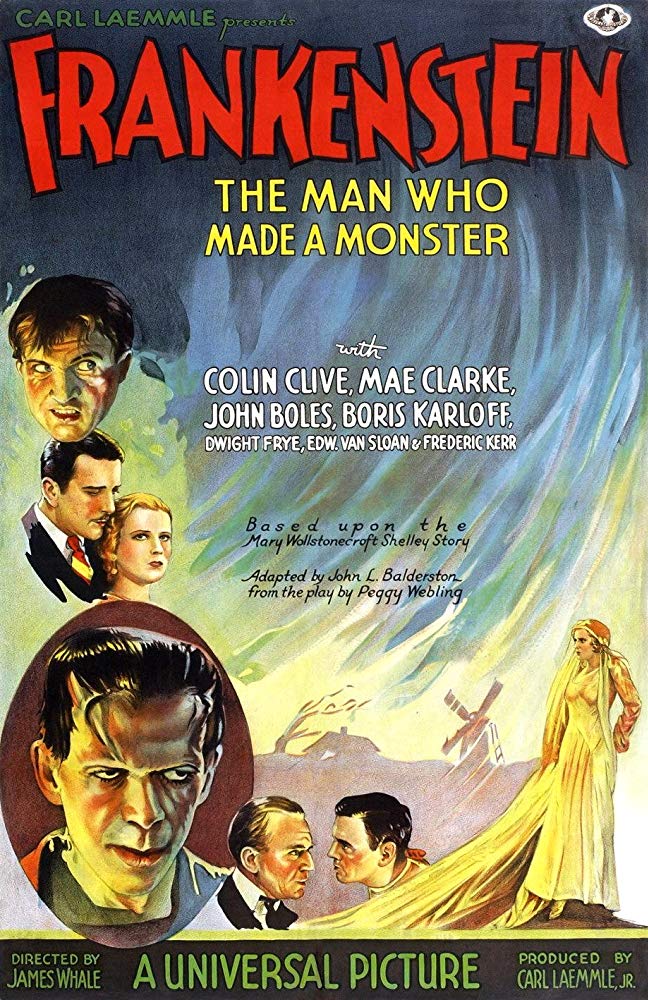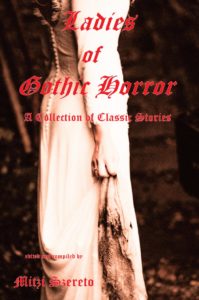
It’s February – which means it’s Women in Horror Month! This is a time when women who work in horror – be it as authors, filmmakers and artists – receive special acknowledgement for their contributions to the genre. As someone who’s a member of the horror party, I definitely appreciate the fact that we have this month of recognition for the contributions we’ve made.
Of course I’ve been a fan of horror since childhood. Books, films, you name it. I devoured the stuff like candy. I admit I can be a bit old school in my tastes – give me an old Hammer flick or a creepy gothic novel and I’m happy as Larry. (I don’t think anyone’s ever figured out who this “Larry” is, but you get what I mean.) My special passion has always been gothic fiction. Undoubtedly that explains why the gothic has been a driving force behind so much of my work.
Even before my age reached double-digits I could usually be found with a gothic novel clutched in my hands. There was nothing I enjoyed better than hiding myself away with a good read. (Not a lot has changed in that regard.) I adored the gloomy atmosphere in these books, the creepy and often isolated old houses, the sinister characters, the sheer spookiness of it all. At the time I didn’t realise what a rich history existed behind all of these books. Now I do.

Which brings me to the subject of my new book – Ladies of Gothic Horror (A Collection of Classic Stories). As I mentioned, the gothic has appeared prominently in both my writing and in some of the anthologies I’ve created and edited. So it seemed like a natural progression for me to put together a literary collection that pays homage to many of the female writers who helped pave the way for today’s women in horror. From Mary Shelley and Elizabeth Gaskell to Edith Wharton and Charlotte Perkins Gilman – you’ll find in Ladies of Gothic Horror short stories ranging from classic ghost tales to works of a more feminist nature.
As I searched for material to include, I found myself learning a great deal about these writers. These women didn’t live ordinary lives. In fact, some lived extraordinary lives, which is especially surprising considering the obstacles they faced in their day. I have nothing but admiration for these “ladies of gothic horror” and their achievements. To accomplish what they did in a time when women were still expected to stay in the kitchen – well, all I can say is “Good on ya!”
So just in case you’re wondering why we even need a Women in Horror Month, perhaps Ladies of Gothic Horror (A Collection of Classic Stories) might offer some insight into the importance of acknowledging the hard work of not only the women in horror from our past, but those of the present and future.
